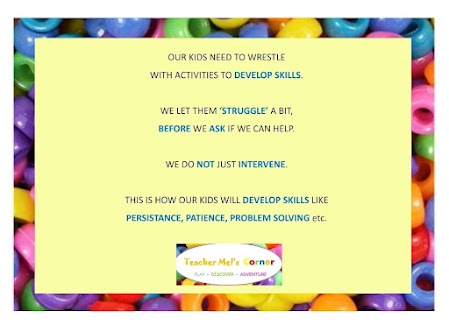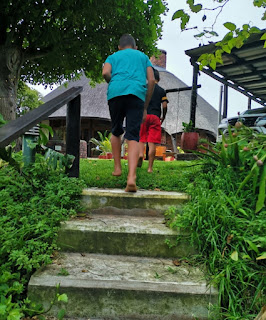For our little friends taking age-appropriate risks are an important part of their childhood. It helps them learn and grow in so many ways. Here are some of the reasons why we need to encourage our young children to take risks:
- It helps our little friends to learn and grow. When children take risks, they are stepping outside of their comfort zone and try new things. This can help them to learn and grow in many ways. For example, it can help them to develop their problem-solving skills, their creativity, and their confidence.
- It helps them build resilience. When children experience setbacks and trying again, it can help them to build resilience. Resilience is the ability to bounce back from challenges. When children learn to take risks and deal with the consequences, they are building resilience.
- It helps them develop a sense of self-efficacy. Self-efficacy is the belief that you can succeed. When children take risks and succeed, it helps them to develop a sense of self-efficacy. This can lead to them taking more risks in the future.
- It helps them have fun. Taking risks can be a lot of fun. When children are allowed to take risks and explore, they are more likely to have a positive and fulfilling childhood.
Of course, it is important to encourage our children to take safe risks. We should not encourage them to do anything that could put them in danger. However, we should also not be too overprotective. We need to let them take some risks so that they can learn and grow. This is so important for our little friends' confidence, independence, their emotional, social and physical development. And we so often see in our schools which little friends have a hard time with this and struggles to be independent, make choices with confidence and stand up for themselves and others.
Here are some tips for encouraging our young children to take risks:
- Model risk-taking behavior. Children learn by watching the adults in their lives. If you want your children to take risks, be a role model and show them that you are willing to take risks yourself. Learn new skills like surfboarding and let them see you practicing and falling, trying again.
- Talk to your children about risk-taking. Explain to them that taking risks is a normal part of life and that it is important to learn from your mistakes. For instance, you can talk about starting your new hobby like art classes and talking about feelings for instance being nervous meeting new people and learning a new skill, but still trying.
- Start small. Don't expect your children to take big risks right away. Start by encouraging them to take small risks, such as trying a new food, going on a jungle gym, swinging higher or playing a new game. If they need something that is a bit high to reach, ask them how they can get to it without adult intervention, e.g., they want a bowl on a higher shelf, then they can pull a chair closer, etc.
- Be supportive. When your children take risks, be there to support them. Let them know that you believe in them and that you are there for them if they need anything.
- Celebrate their successes. When your children take risks and succeed, be sure to celebrate their successes. This will encourage them to take more risks in the future.
As the adults in our children's lives, we tend to anticipate their needs. We tend to say: 'be careful' so often, that we smother their beings and courage. Using the phrase "be careful" can be helpful in some situations, but it can also be discouraging and disempowering for our young children. It can make them feel like they are not capable of taking care of themselves, and it can discourage them from taking risks and exploring their environment. We want and need them to explore, take risks and be independent, as this is when our young children really learn.
Here are some alternatives to saying "be careful" to small children:
- "What can you do to be safe?" This helps children to think about safety and how they can protect themselves.
- "Let's try that together." This shows children that you are there to support them and that you believe in them.
- "I trust you." This gives children a sense of confidence and empowerment.
- "What's your plan?" This helps children to think about the consequences of their actions and to make safe choices.
- "Can you show me how you're going to do that?" This helps children to learn how to assess risk and to make safe decisions.
- "What if…?" This helps children to think about the potential consequences of their actions.
- "I'm here if you need me." This gives children a sense of security and safety.
- "Watch your feet" or "remember it is hot". This helps children to focus on WHY they need to be careful, and it teaches them to reason and think for themselves.
It is important to choose the right words for the situation. If you are concerned about a child's safety, you can still use the phrase "be careful," but you can also add other words or phrases to make it more positive and empowering. For example, you could say, "Be careful (watch your feet, watch your hands, watch the walls", I know you can do it."
The most important thing we can do is to talk to our children about safety in a way that is age-appropriate and that makes them feel confident and capable. By following these tips, we can help our children learn to take risks and grow into confident and resilient adults. These skills will benefit them at school, in the classroom, when visiting friends and in life.





